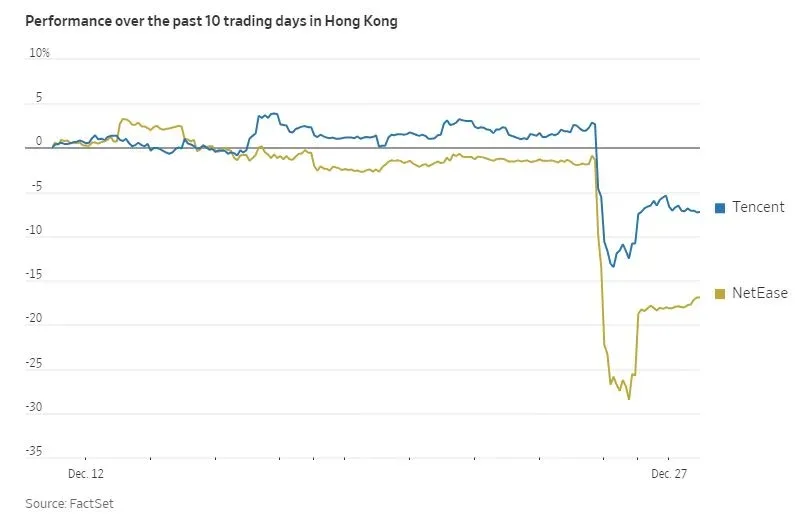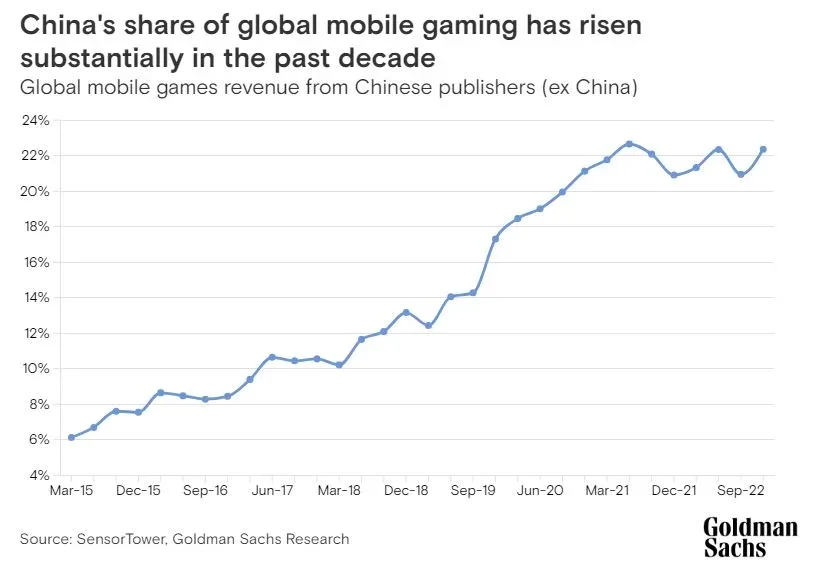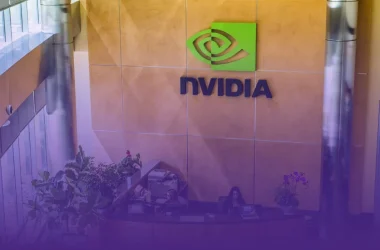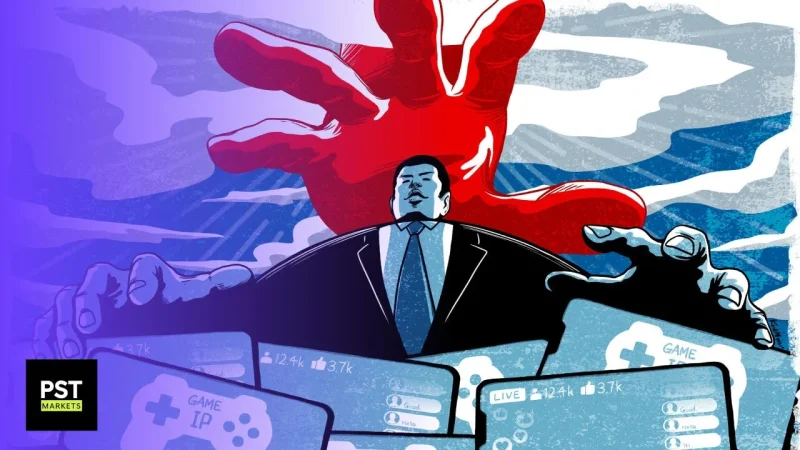Just when we thought Chinese tech stocks were finally catching a break thanks to China’s stimulus plans to boost its economy, the CCP hit the tech sector with more regulatory crackdowns. This time, they involve online gaming.
The proposed regulations caused the stocks of major tech companies in China to fall, and since China’s online gaming market is the biggest in the world, investors are raising concerns that this crash could spill over to the global industry.
The Proposed Regulations
Beijing recently introduced new regulations, sending shockwaves throughout China’s tech sector. Supposedly aimed at fighting online gaming addiction, these new rules are meant to effectively limit consumer spending on online games.
According to the regulations, online games are banned from giving players daily login rewards, tipping content creators, or giving rewards for spending on a game for the first time or several times consecutively.
Even though these new rules are just drafts, their impact was immediate. Two of China’s biggest gaming companies, NetEase (NASDAQ: NTES) and Tencent (OTC: TCEHY), fell by nearly 30% and 17% respectively as investors quickly sold on the news. The mobile gaming group Bilibili (NASDAQ: BILI) fell by around 10% as well. Overall, $80 billion in value were wiped from the gaming industry.
Overall, this reaction was reflected in the initial 5.9% decline KraneShares CSI China Internet ETF (NYSEARCA: KWEB) which tracks an index consisting of China based companies focused on internet and internet-related technology.

If the new regulations are enforced, then both NTES and TCEHY would pay the price since gaming represents about 70% of NetEase’s revenue and about 30% of Tencent’s. Smaller games developers could be impacted more since larger developers can boost engagement in other ways or invest more in R&D. Since then, the National Press and Publication Administration (NPPA) which first introduced the regulations has tried to soothe things over somewhat.
Following its announcement, the regulator approved 105 new online games, including some from NTES and TCEHY. The NPPA still plans to study the public’s views on these regulations, particularly those impacting online duels between players, daily log-in rewards, and spending limits. But feedback will only be accepted up until January 22nd, 2024, which really isn’t very long considering how recently the articles were introduced.
Meanwhile, state-backed media has tried to cool the situation in other ways – even painting these latest regulations as an extension of those implemented in 2019. These actions were enough to calm some investors and NTES stock and TCEHY stock bounced back roughly 5.4% and 2.8% respectively. On the Hong Kong stock exchange, the companies regained about $20 billion in total market value
China’s War on the Tech Sector
The last 18 months showed a different side of Chinese regulators which approved more video games in the first half of 2023 than in the whole of 2022. However, that doesn’t mean that this new found affection for the gaming industry was always the norm.
China has waged war on the tech industry for the past few years as the government seeks to exert more control on e-commerce, fintech and other tech businesses that have become too powerful in the eyes of the CCP.
Restrictions on online gaming go back to 2019 when the government first began targeting online gaming addiction among minors, setting daily time limits on gamers under 18. Those restrictions have been tightened each year since, with regulators going from proposing rules requiring a “minor mode” on mobile devices to delaying the issuance of licenses by as much as 8 months to prevent publishers from releasing new games.
As a result, 2022 was a difficult year for the Chinese gaming industry, with total revenue shrinking for the very first time. The year marked a 10.3% decrease in total revenue YoY. Despite a better regulatory environment in 2023, total revenue from the gaming industry in the first half of 2023 equaled 144.26 billion yuan or $20.3 billion – a 2.4% drop compared to the same period in the previous year. However, this was still a notable 22.2% increase compared to the second half of 2022, so this sector was already showing signs of recovery.
This was in part thanks to regulators’ abrupt about face when Chinese stocks in the gaming industry started losing billions in collective market value. Meanwhile their US counterparts were booming. Regulators shifted strategies and began approving new games again only to focus completely on reducing the time and money minors spend playing online games.
Why this Crackdown Matters
Try as they might, investors can’t overlook China’s outsize impact on the gaming industry. China’s online gaming industry overshadows the rest of the world in terms of revenue, which reached $45 billion in 2022, and users with roughly 650 million.

As Chinese developers expand more into the global market through mergers and acquisitions, their share of this industry will only grow.
China’s mobile game makers raised their aggregate market share in the overseas mobile games market from less than 10% in 2017 to 22% by the end of 2022. Goldman Sachs forecasts that their share could rise to as high as 30% by 2025.
Given this connectiveness, the announced proposed rules didn’t just impact the Hong Kong Stock Exchange. In fact, US-listed shares of Chinese gaming companies fell as well. The sheer size of China’s gaming industry makes it possible for its problems to spillover into the global gaming industry, which could pose problems for investors.
For example, Tencent owns 40% of Epic Games, the developer behind Fortnite. Besides this, Tencent also owns Clash of Clans’ developer Supercell and Riot Games – the developer of League of Legends and Valorant.
While users outside of China would likely not see their gaming features impacted by these new regulations, this crackdown comes at a relatively inopportune time. The Chinese economy has been sluggish. So sluggish in fact, that President Xi actually acknowledged the economic difficulties in his speech for the start of 2024 saying, “Some enterprises had a tough time. Some people had difficulty finding jobs and meeting basic needs”.
Xi’s speech came just a few hours after an official survey showed that factory activity had contracted for the third month in a row. As a result, China’s Purchasing Managers’ Index reached a six-month low in December. Factors related to China’s housing crisis, Covid-era restrictions, declining demand, and geopolitical tensions have all contributed to only 3% growth in China’s economy during 2022. Given this economic turmoil, these new restrictions targeting online gaming could cause further damage.
Is China Dangerous for Investors?
Even though these proposed rules are limited to videogames, they still serve as a reminder of the risks associated with investing in Chinese stocks. Regulators have more than once wiped away billions of dollars in market capitalization with rules that prioritize the government’s interests and ideologies over sound economic growth.
Chinese tech stocks overall had a hard time in 2022. Alibaba Group (NYSE: BABA) closed 2023 down roughly 16% while JD.com (NASDAQ: JD) fell about 50% in 2023. This poor performance can be blamed on China’s economic slowdown, which some analysts believe could carry into 2024 as well.
But it’s not like China isn’t doing anything to solve its economic problems. In fact, the Chinese government very recently announced a $140 billion stimulus package aimed at reviving key sectors in the economy, such as infrastructure projects and small to medium-sized enterprises.
Yet, these economic troubles will be hard to solve with China’s unpredictable regulatory approach lurking in the background. In other words, even though China’s economy is expected to gain some momentum in 2024, with the IMF raising its 2024 GDP growth forecast for China from 4.2% to 4.6%, the country’s regulations make investing in Chinese stocks a risky undertaking.
In theory regulations limiting minors’ time spent on games or their ability to spend money in games does not sound bad. But these regulations could hit Chinese stocks hard, limiting investments from foreigners or even locals. The NPPA has indicated that it could soften its initially drafted policies which has triggered a recovery in some Chinese stocks like NTES and TCEHY, but this latest roller coaster ride is a harsh reminder for investors.
What’s next for Chinese Stocks?
Right now, Chinese stocks are some of the worst-performing in Asia and the entire world, with the Hang Seng Index closing down roughly 14% in 2023 – marking its fourth year of straight losses. In light of this, China should consider its regulations and their impact on the market more carefully. But there could be more pain in store for investors.
These regulations haven’t been implemented yet. If they are enacted then they could cause significant changes in the global gaming space and damage China’s rising position in this industry. The NPPA is accepting feedback until January 22nd, and investors can expect a final decision soon after.
If regulators decide to keep the original strength of the rules, then this could trigger a painful drop for stocks like NTES, TCEHY, and BILI. On the other hand, if the new rules are dramatically softened then Chinese stocks could rally on the news.
Disclaimer
Please visit and read our disclaimer here.









